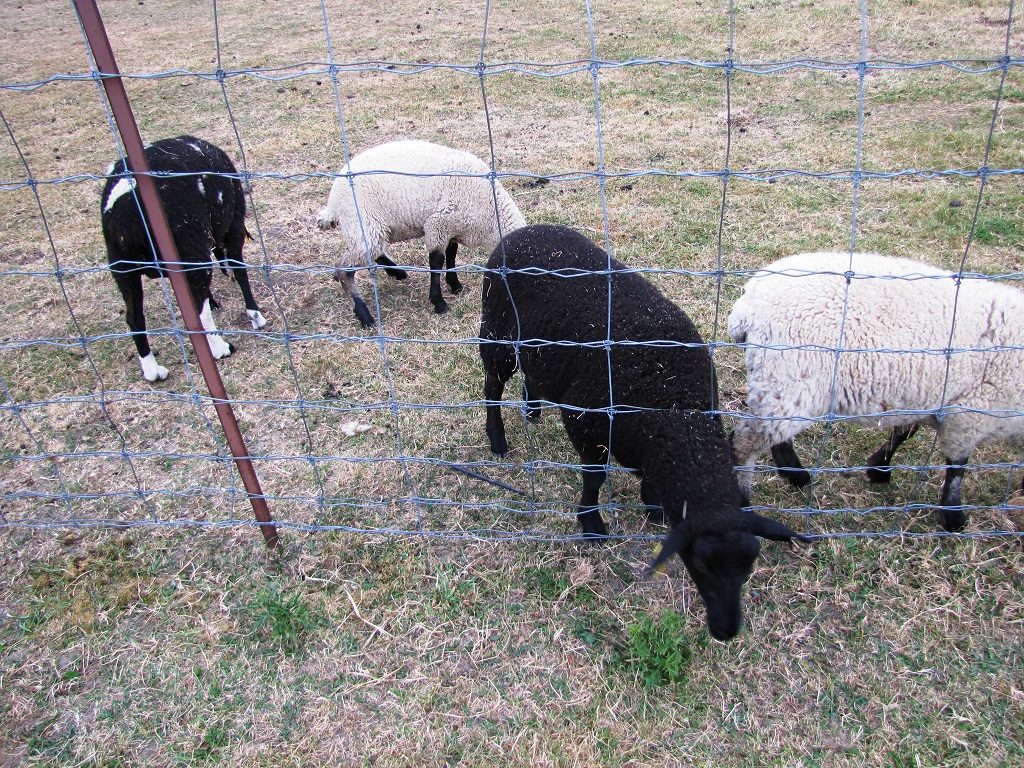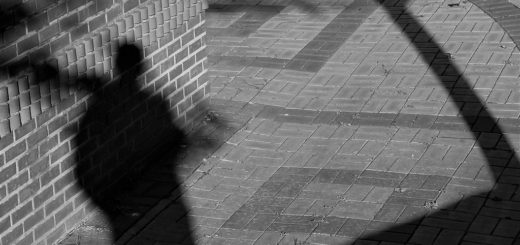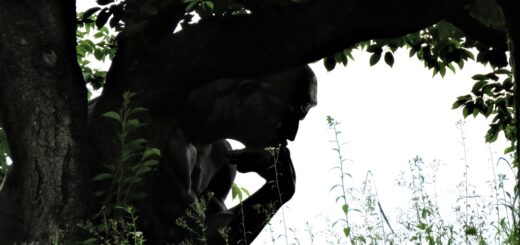Thoughts on Being Abnormal
If you see that the world is sick, and understand the sickness as the inevitable result of a toxic way of life, then you cannot help but feel, whenever you catch yourself acting as they do, using their words, or enjoying their pleasures, that you are like one who knowingly infects himself with a virus.
In a diseased civilization, to be normal means to participate without irony or self-disgust — without wearing a mask, or at least despising the filth. To be abnormal in such a climate is to seek to preserve one’s health, which means to abstain. Self-imposed spiritual lockdown and self-aware social distancing are the only way of life conducive to survival.
If you grew up, or have chosen to live, in a very large city — or in a very influential nation — you are at a terrible disadvantage from the point of view of developing true independence. For detaching oneself from the social status quo and its tidal shifts is the first and most painful step toward spiritual freedom; but in large cities and powerful nations the status quo feels like a law of nature, and the tides there have the magnetic force of black holes.
“All work is noble.” That is the egalitarian lie told by those who wish to employ us all for their ends. Genuinely noble work — the most strenuous and emotionally devouring kind — is work done for the soul’s development alone, without regard for material gain, the crowd’s approval, or any interest in either of those goods. Ignoble work is that which is done primarily for material gain or crowd approval, without regard for its effects on the souls of either the one who does it or those “for whom” it is done. Between those extremes, there is work that is neither noble nor ignoble in itself, but which derives its significance, for better or worse, from the ultimate ends to which it is applied. On this account, it is clear that in our time of universal socialist nihilism, work as such is becoming increasingly ignoble.
If everyone is employed as a specialist in a narrow area that comprises about one ten-thousandth of his general sphere of work, each of those general spheres, in turn, comprising about one ten-thousandth of the total range of human awareness, then in truth no one knows anything at all, and our entire social edifice, from economics to politics to medicine to technology to education to coffee beans to “the news,” is built on universal ignorance masked as “know-how” and “efficiency.” With our firmly grounded swagger of absolute certainty we conceal the sea of doubt and mystery upon which none of us today has the courage to set sail.
It is the hardest thing in the world to say, “I do not care what they want or how they judge,” and to mean it. But to say it without meaning it (which is the norm) is only to perform the act our world wishes us all to perform — to play “the individual,” compliantly. Hypocrisy and self-deception are the virtues we moderns impose on one another — they are the social contract we accept, for the mutual protection of our fragile egos.
To escape from today, which means from today’s norms, it is almost necessary that one have something wrong with one. There must be a deep-seated illness or deformity, a horribly overgrown insecurity, a festering bitterness or self-loathing or traumatic phantom pain, swirling around the heart during one’s youth, and beyond, which may serve as insulation against the winds of softening temptation and self-enslavement that modernity blows at our souls in the names of freedom and happiness, the stability of “fitting in.”
A true philosopher, in social terms, is a man who rains on others’ parades, partly because he knows that a cancelled parade is the least he can do — or rather the greatest service he can render — for a community that refuses, or is unable, to stop making noise and learn to enjoy silence.



